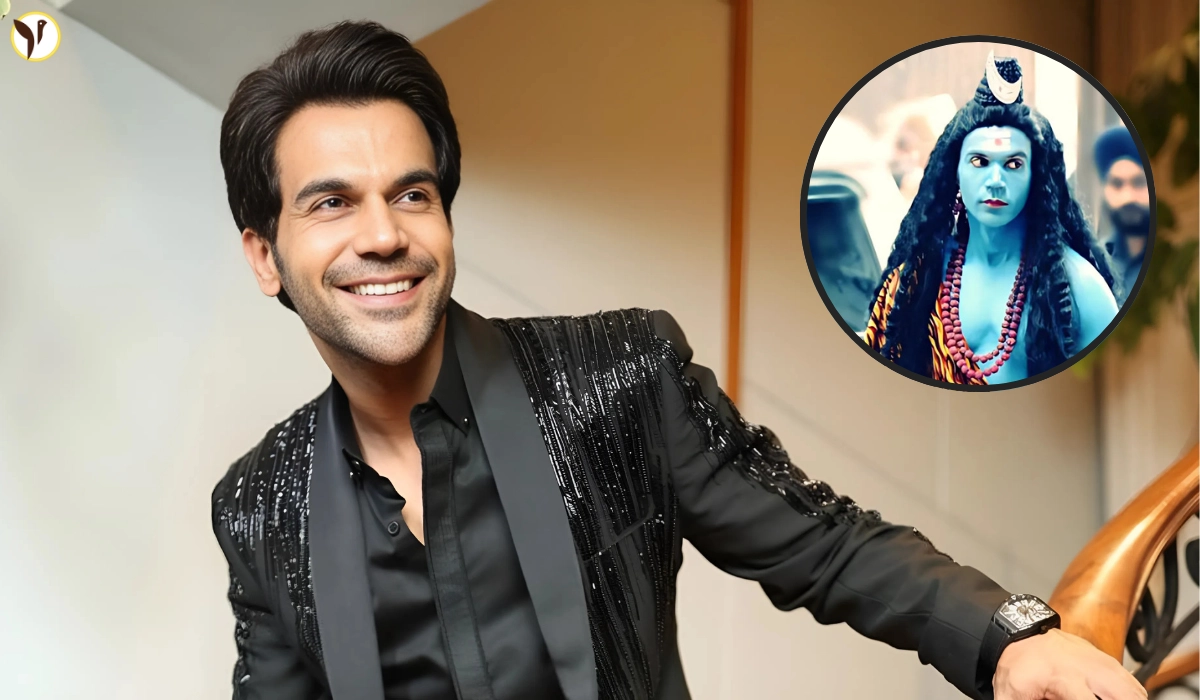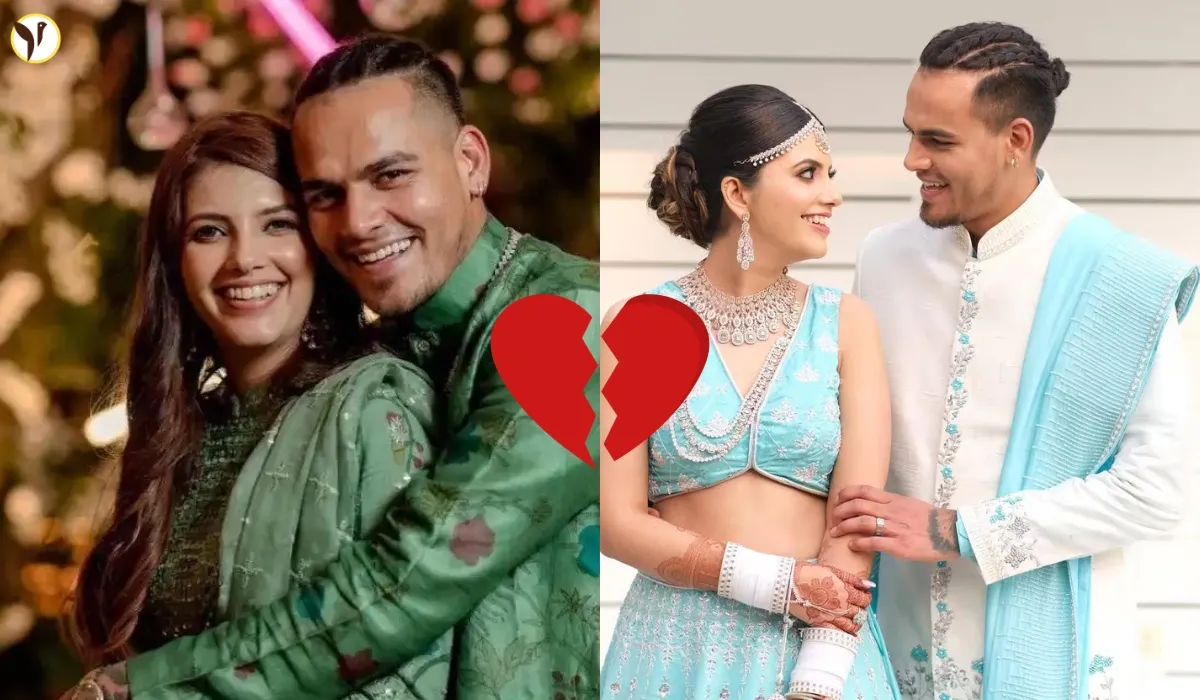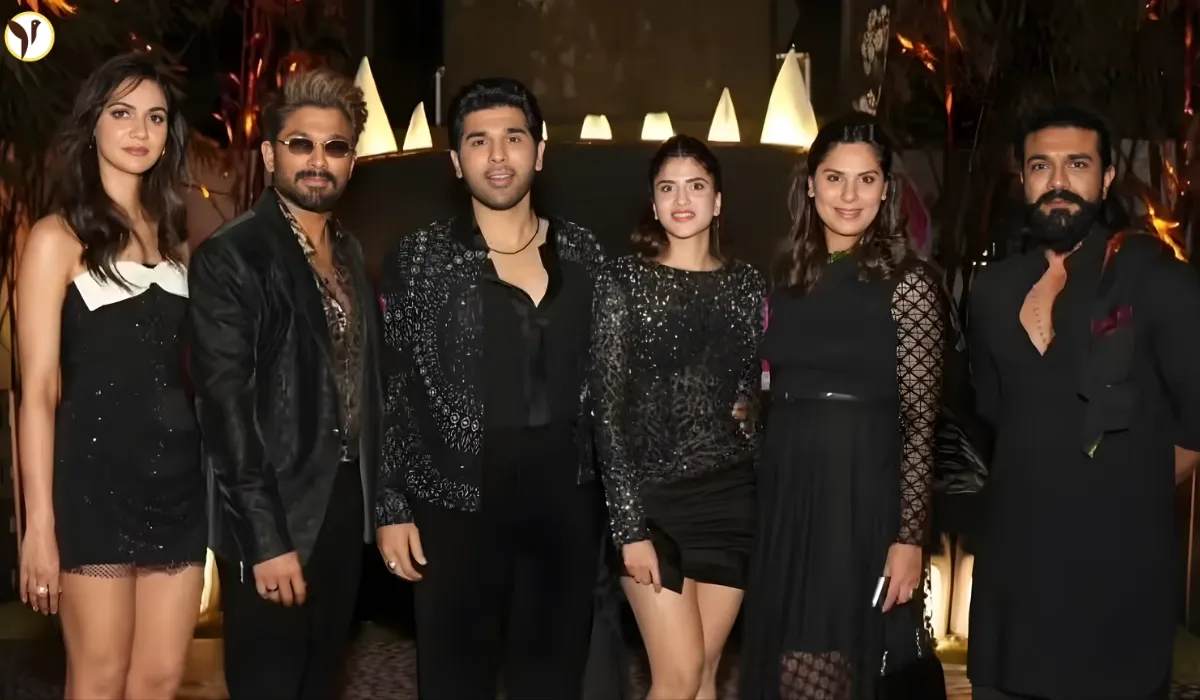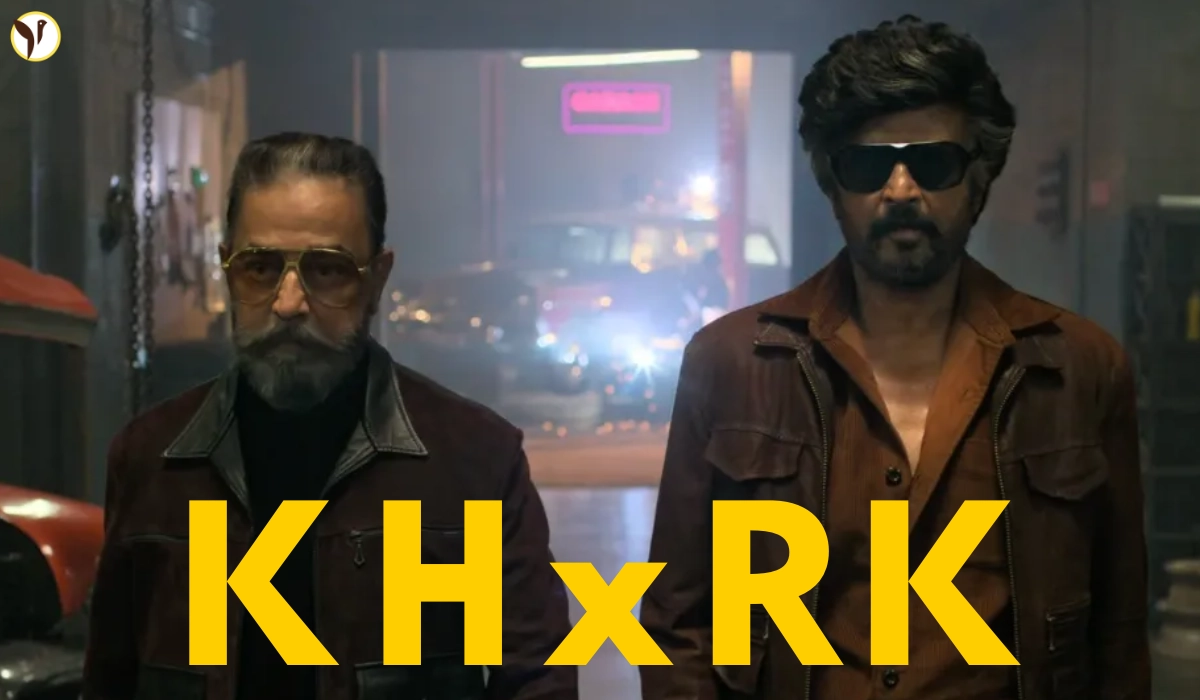Actor Rajkummar Rao is back in the news regarding litigation stemming from his 2017 romantic comedy Behen Hogi Teri. The litigation revolves around a film poster and a scene in which Rao's character dresses as Lord Shiva, leading to someone claiming it hurt their religious sentiments.
The civil litigation dates back to over eight years ago and intrinsic to the resurfacing of the matter was a local Court in Jalandhar issuing a non-bailable warrant for the actor for failing to show up to a scheduled planned hearing about this case. Rao surrendered to the Court on July 29, 2025, and was granted regular bail on the same day.
Rao's lawyer, Advocate Darshan Singh Dayal, explained that the actor was not deliberately absent from the hearing. Although the court notice was sent to an old ID address in Delhi, Rao now lives in Mumbai. The advocate also stated that his client came to court after he became aware of the warrant.
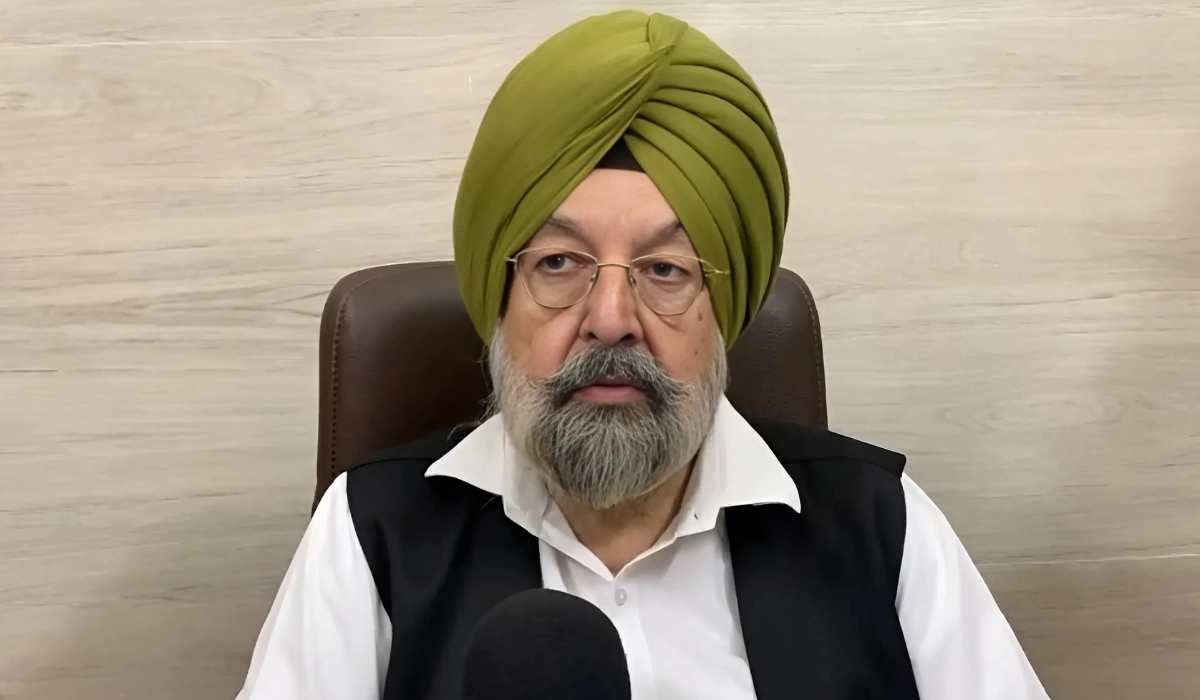
What the Case is About
The dispute concerns a promotional poster for Behen Hogi Teri, and which Rajkummar Rao is depicted as Lord Shiva, with slippers on, and riding a scooter. The image led to anger from certain members of the public who thought, in some way, it offended their religious sentiments.
In 2017, a First Information Report (FIR) was filed at the Moti Nagar Police Station in Jalandhar. It listed several individuals involved in the film including Rao and co-actor Shruti Haasan, who has since been cleared of the case. Rao and other members of the production staff are currently facing charges.
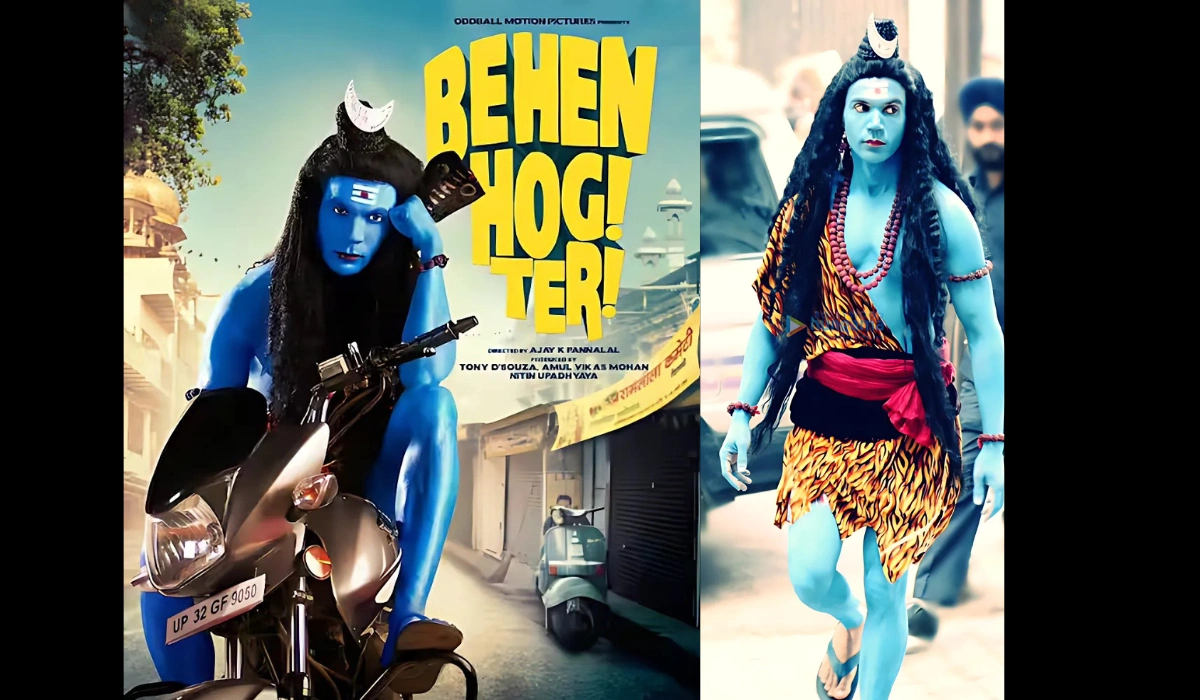
The charges listed in the FIR include:
- Section 295A of the Indian Penal Code (deliberate and malicious acts, intended to outrage religious feelings),
- Section 120B (criminal conspiracy),
- and Section 67 of the Information Technology Act (publishing or transmitting obscene material in electronic form).
Advocate Dayal argued that the case was devoid of any legal substance. He said that the film had been granted a certificate by the Central Board of Film Certification, which means that it was considered by a government authority and deemed appropriate to be released to the public.
Dayal continued by explaining that the scene in question was fictitious and was not meant to offend anyone. Rao was playing a character that makes money from performs (shows) in local religious gatherings and the outfit was part of that character. The defense holds that there was no intention to offend anyone's sentiments.
Legal Battle Continues
The case is still on after Rao getting bail, the defence team believes the case should be dismissed especially since the CBFC cleared the movie and there was no malicious intent. The defence team also highlighted that for Section 295A to apply, it would have to be proved that the act was done with intent to insult or provoke, which was not true.
Supporters of the actor pointed out how long it has taken to resolve the case, lingering since 2017, while some legal experts told us this is part of a larger trend of cases taking years against artists and never getting resolved.
For now, the court has accepted Rao's explanation for the missed hearing and granted him temporary relief. The next date for proceedings will be announced soon.
As we await the processes of law to unfold, the case puts into focus the delicate line between artistic freedom and cultural sensitivity in Indian cinema.
Source(Image / Thumbnail): freepressjournal.in
